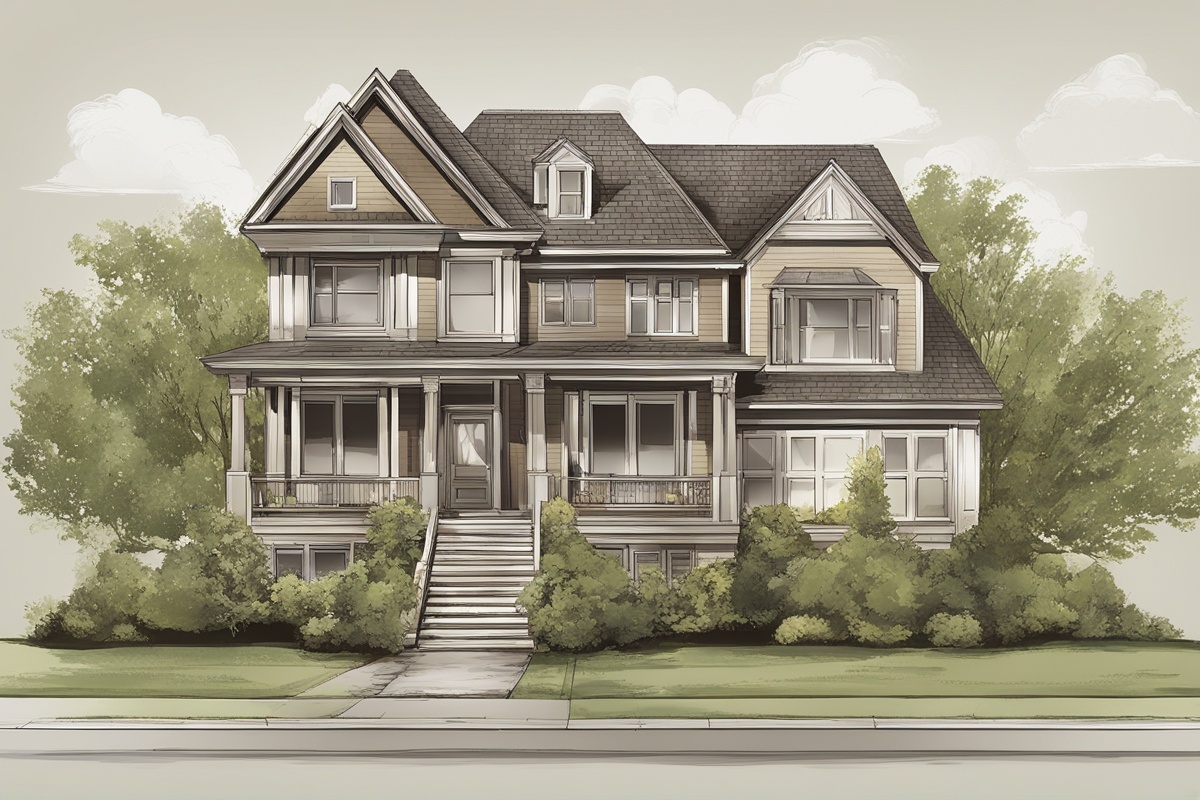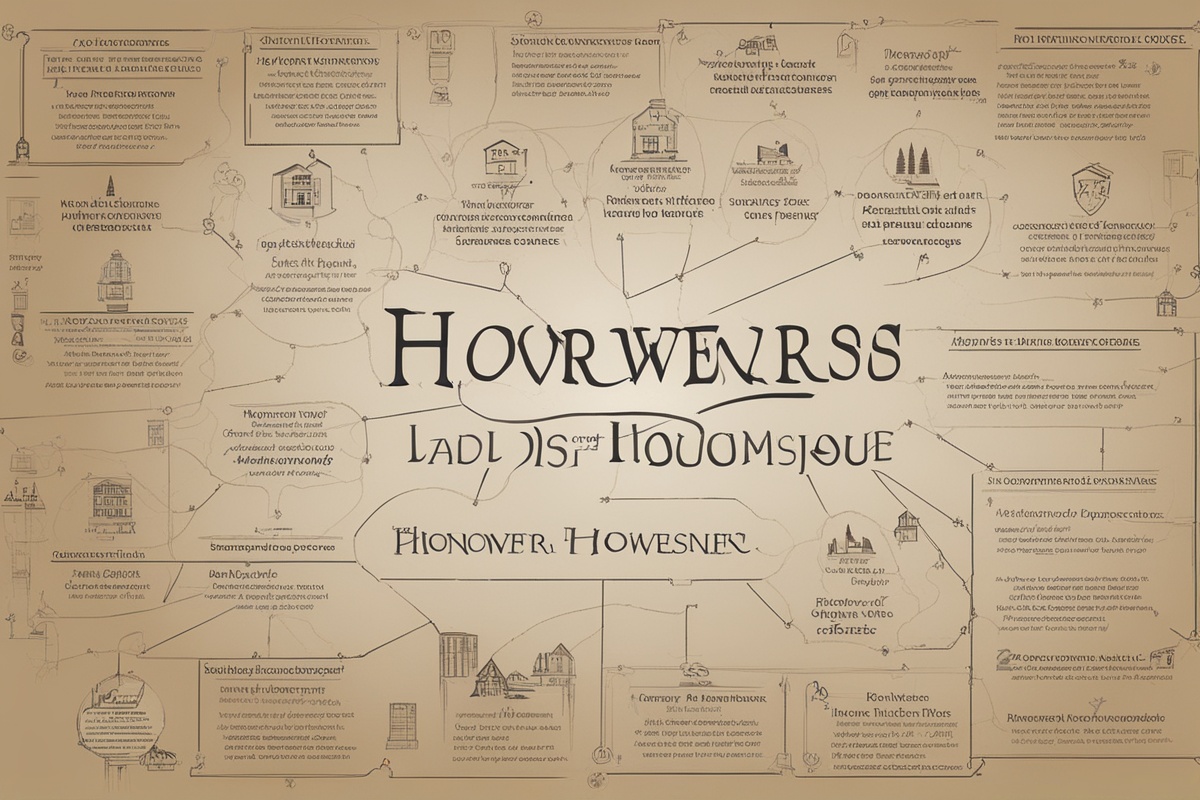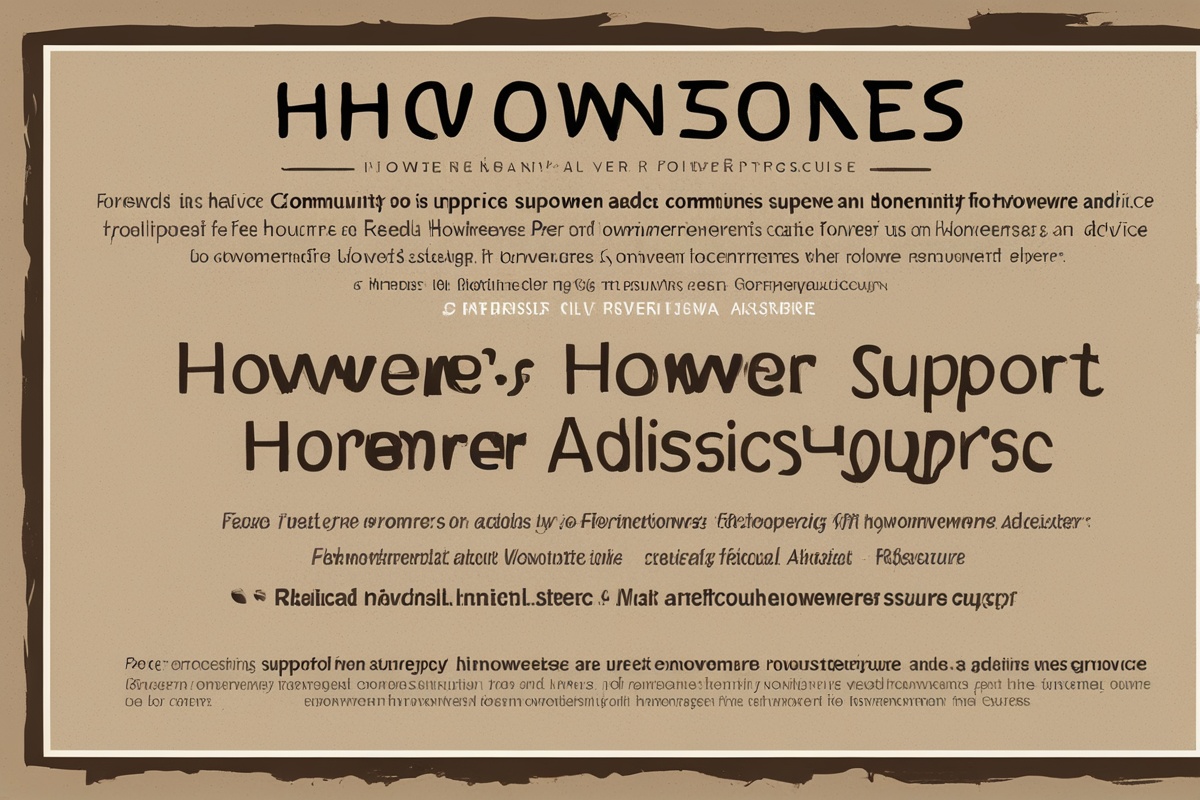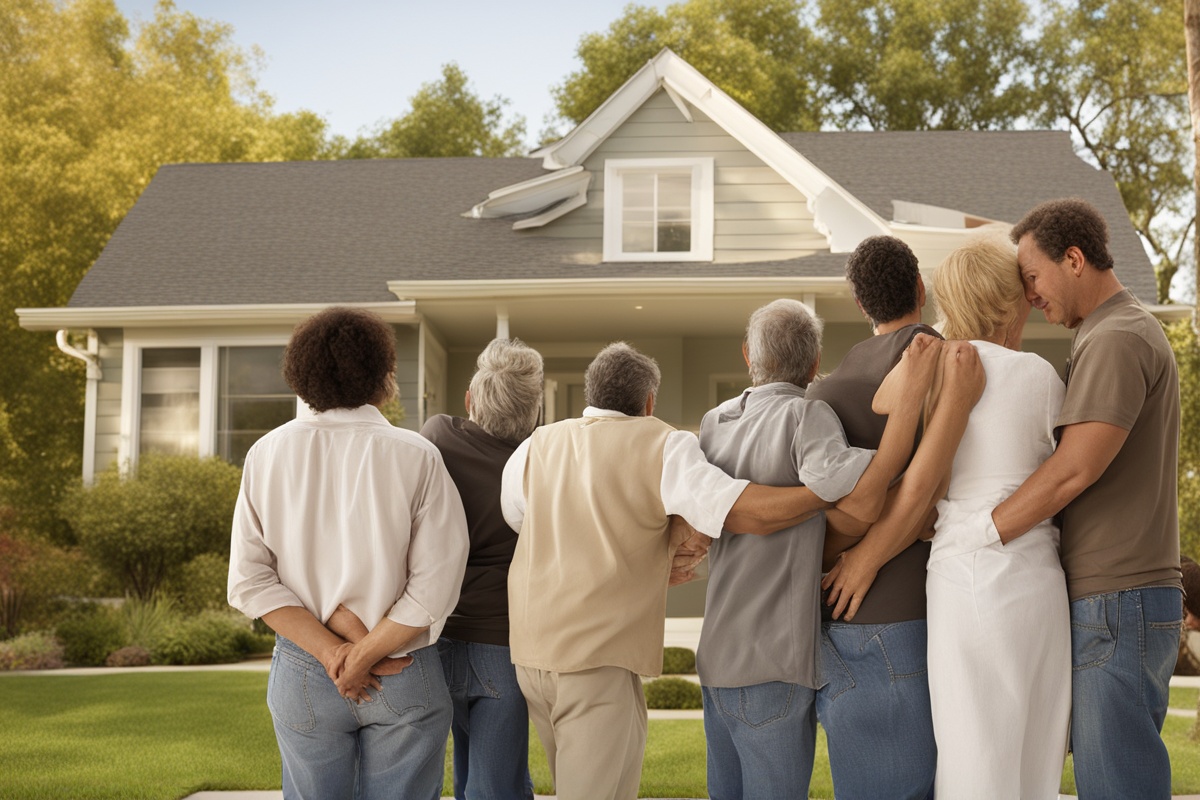Owning a home is a rewarding yet challenging experience, and being part of a homeowner community can make all the difference. Whether you’re in a formal homeowners association (HOA) or an informal neighborhood group, sharing resources, ideas, and support can help everyone thrive. In this post, we’ll explore practical tips for homeowner communities to foster collaboration, resolve conflicts, and build a stronger, more connected neighborhood. These actionable strategies will help you create a supportive environment where everyone feels valued and heard.
1. Establish Clear Communication Channels
Effective communication is the backbone of any successful homeowner community. Without clear and accessible ways to share information, misunderstandings can arise, leading to frustration or conflict. One of the most practical tips for homeowner communities is to set up reliable communication channels that suit everyone’s needs. This could include a community newsletter, a dedicated email list, or a group chat on platforms like WhatsApp or Slack.
Additionally, consider creating a central online hub, such as a private Facebook group or a community website, where residents can access updates, event schedules, and important documents like HOA bylaws. Regular communication ensures transparency and keeps everyone informed about neighborhood happenings. For more ideas on setting up communication tools, check out our post on Building Strong Neighborhood Networks.
2. Organize Regular Community Meetings
Face-to-face interactions are invaluable for building trust and camaraderie among homeowners. Hosting regular community meetings—whether monthly, quarterly, or biannually—gives residents a platform to voice concerns, propose ideas, and collaborate on solutions. These gatherings are a cornerstone of practical tips for homeowner communities because they encourage active participation and accountability.
During meetings, set a clear agenda to keep discussions focused. Topics might include maintenance projects, safety concerns, or upcoming events. Rotate leadership roles or assign facilitators to ensure fairness and inclusivity. If in-person meetings aren’t feasible, virtual options via Zoom or Google Meet can work just as well. Learn more about organizing effective gatherings in our guide to Hosting Productive Community Events.
3. Create Shared Resources and Responsibilities
Pooling resources and sharing responsibilities can significantly reduce individual burdens while strengthening community ties. For example, organizing a tool-lending program where residents can borrow lawnmowers, ladders, or power tools is one of the most practical tips for homeowner communities. Similarly, creating a shared calendar for tasks like neighborhood cleanups or snow shoveling ensures that no one feels overwhelmed.
Consider setting up a community garden or a shared compost bin to promote sustainability and collaboration. These initiatives not only save money but also foster a sense of ownership and pride in the neighborhood. To get started, divide tasks based on skills or availability, and always celebrate collective achievements with small events or shout-outs in community updates.
4. Implement Conflict Resolution Strategies
Disputes are inevitable in any community, whether they’re about property boundaries, noise levels, or rule violations. Having a fair and transparent conflict resolution process is among the most practical tips for homeowner communities to maintain harmony. Start by encouraging open dialogue—often, misunderstandings can be resolved through a simple conversation.
If issues escalate, designate a neutral mediator, such as an HOA board member or a respected neighbor, to facilitate discussions. Document agreements in writing to avoid future confusion. For more complex disputes, consider consulting legal resources or community mediation services. Our article on Navigating Neighbor Disputes offers additional strategies for maintaining peace in your community.
5. Promote Community Engagement Through Events
Building a sense of belonging is crucial for a thriving homeowner community. Organizing social events like block parties, holiday celebrations, or game nights is a fun and effective way to bring people together. This is one of the most enjoyable practical tips for homeowner communities because it transforms neighbors into friends.
Encourage participation by involving residents in the planning process—ask for input on themes, activities, or food options. Keep events inclusive by considering diverse cultural backgrounds and accessibility needs. Small gestures, like welcoming new homeowners with a meet-and-greet, can also go a long way. For inspiration, explore our post on Creative Ideas for Neighborhood Gatherings.
6. Focus on Safety and Emergency Preparedness
A safe neighborhood is a happy neighborhood, and proactive safety measures are among the most critical practical tips for homeowner communities. Start by forming a neighborhood watch program to deter crime and keep an eye out for suspicious activity. Share contact information for local emergency services and create a phone tree for quick communication during crises.
Additionally, organize workshops on topics like fire safety, first aid, or disaster preparedness. Compile a community emergency plan that includes evacuation routes, meeting points, and resources for vulnerable residents. Collaborating on safety initiatives not only protects everyone but also builds trust. For more safety tips, refer to our guide on Creating a Safe Neighborhood Environment.
Disclaimer: The information provided in this post is for general informational purposes only and should not be considered legal, financial, or professional advice. While we strive to offer accurate and practical tips for homeowner communities, individual circumstances may vary. Always consult with qualified professionals or local authorities for specific guidance on homeowner association rules, legal disputes, or safety concerns. We are not responsible for any actions taken based on the content of this article.
References
- HOA UK: How to Run a Homeowners Association
- NeighborWorks America: 10 Ways to Build Community in Your Neighborhood
- Ready.gov: Community Preparedness Toolkit
- Nolo: Neighbor Disputes and How to Resolve Them
- American Psychological Association: Building Community for Better Health
This content is for informational purposes only and not a substitute for professional advice.





